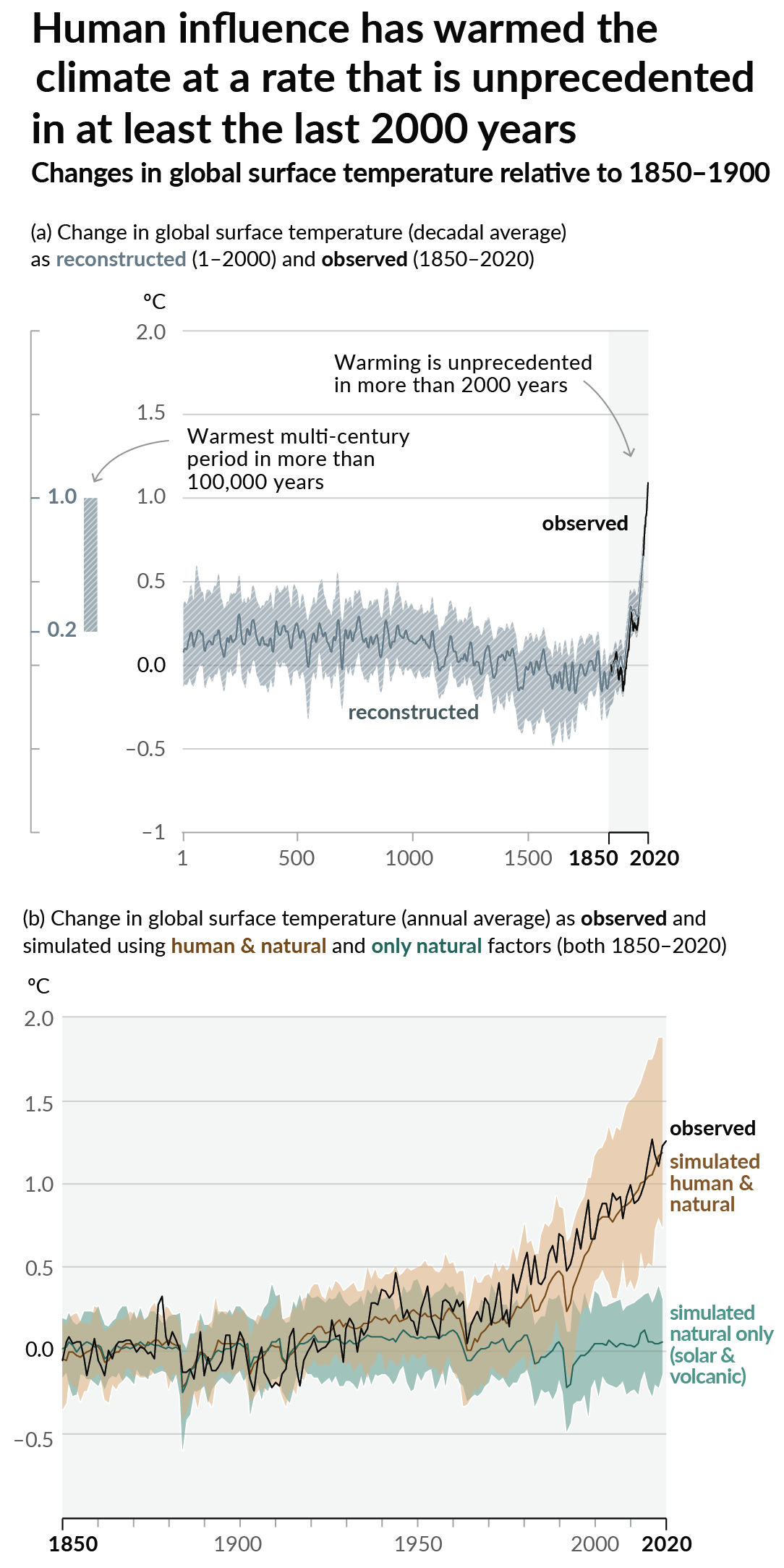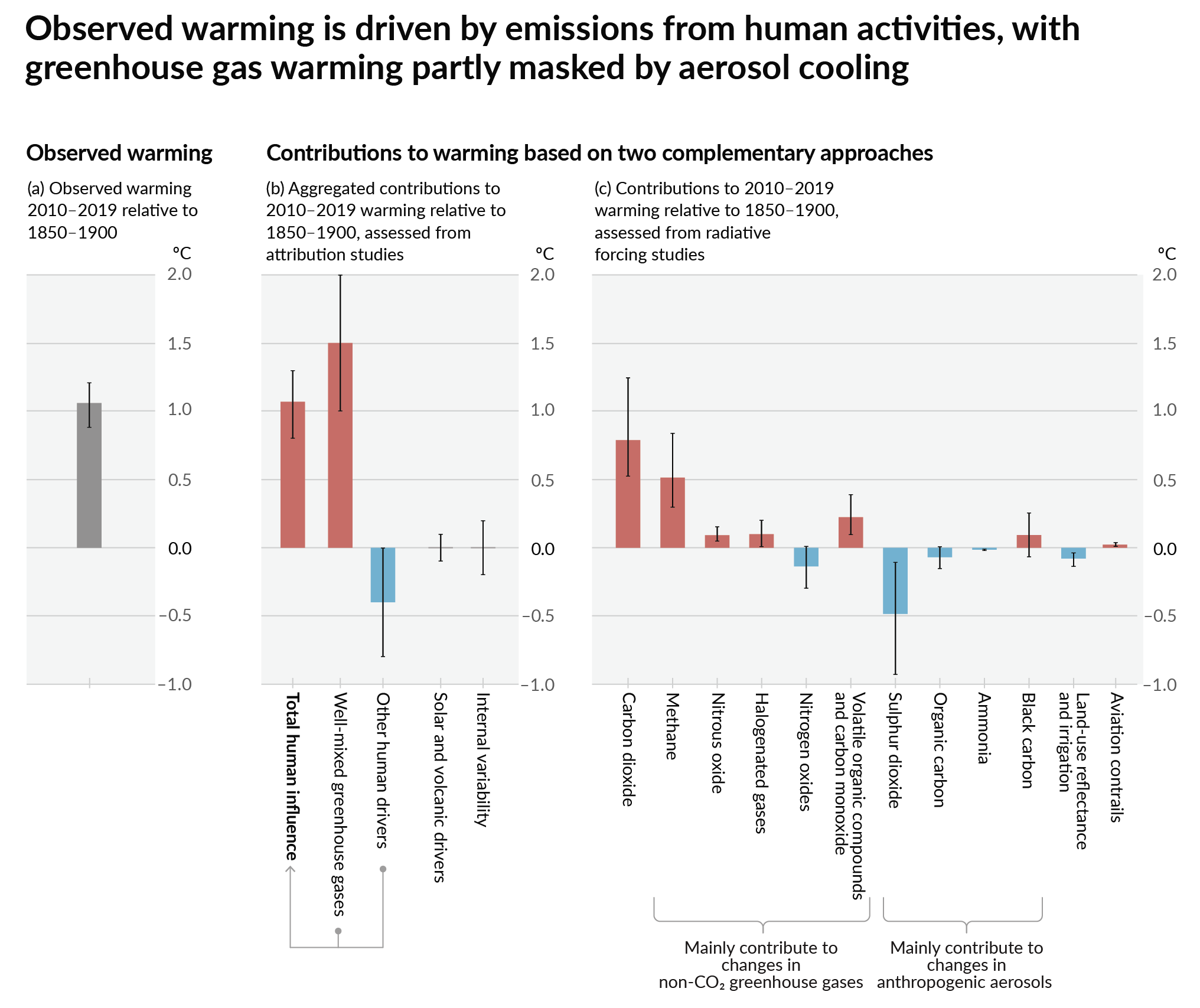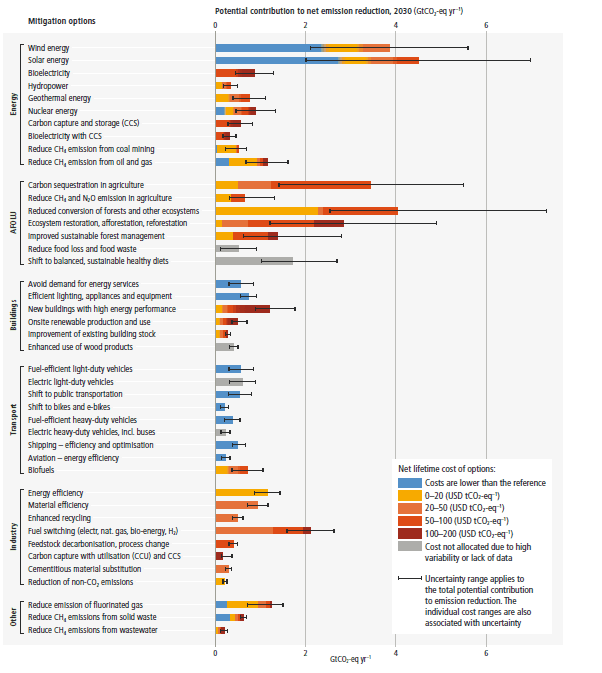Here's a simple idea: https://en.wikipedia.org/wiki/Polluter_pays_principle
Speaking from experience, it can also make teens more responsible with alcohol if they know who will have to clean up in case of overdoing.
Discussion of climate, how it is changing, activism around that, the politics, and the energy systems change we need in order to stabilize things.
As a starting point, the burning of fossil fuels, and to a lesser extent deforestation and release of methane are responsible for the warming in recent decades:

How much each change to the atmosphere has warmed the world:

Recommended actions to cut greenhouse gas emissions in the near future:

Anti-science, inactivism, and unsupported conspiracy theories are not ok here.
Here's a simple idea: https://en.wikipedia.org/wiki/Polluter_pays_principle
Speaking from experience, it can also make teens more responsible with alcohol if they know who will have to clean up in case of overdoing.
Stupidly click baity title. The only corporation that does not pollute is the one that doesn't produce anything. Sure, regulations such as carbon taxes are necessary to contain negative externalities, but if there's a demand for cheap products there will be a lowest bidder that will take all market share.
Lowering our consumption is unfortunately the way to make those companies pollute less.
Sure, regulations such as carbon taxes are necessary to contain negative externalities, but if there’s a demand for cheap products there will be a lowest bidder that will take all market share.
If the taxes are accounting for the externalities well enough, even the lowest bidder will be sustainable.
What would that even do? Sure, you can tax the companies for their CO2 emissions, but they'd still be in profit, and monetary compensation to the state won't make the CO2 disappear. Money isn't some magical paper that will suddenly reduce carbon dioxide levels in the atmosphere if you throw it in the air, it's just a currency, banked labor hours.
Corporations make things either for consumers, governments (for consumers), or other corporations (for consumers). There is a lot to be said about what changes in consumption can change